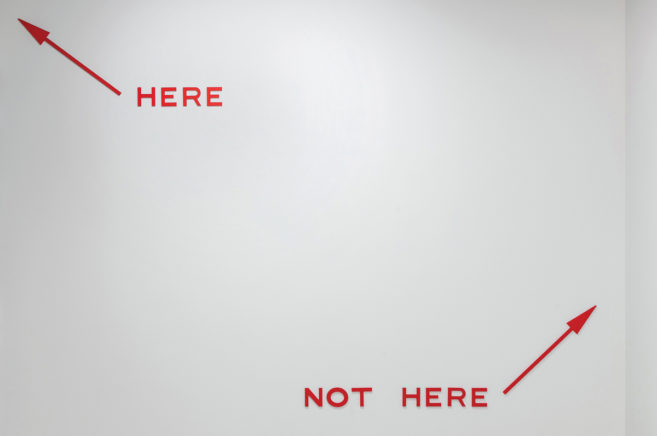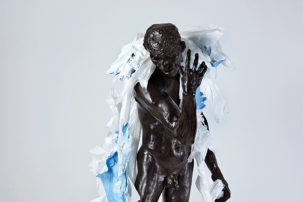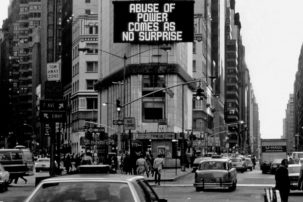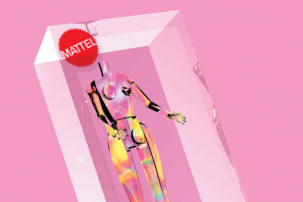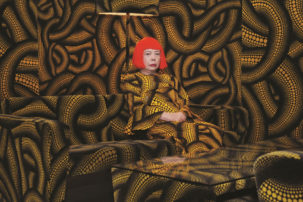A useful, potentially profitable, skill to have in 2016 would be the ability to distinguish between the onset of apocalypse and the end of an annus horribilis. I do not possess this skill—nor does the Internet, in spite of a profusion of memes that suggest the opposite. But, I can say for certain that neither category begins or ends with the calendar year. Their memories reach further back.
I opened 2016 by reading Lauren Groff’s Fates and Furies, which was published in 2015 (and wound up on countless 2015 lists), but occasionally tardiness yields rewards. Groff unspools a marriage in two acts: first the husband, then the wife. Lotto and Mathilde are wildly attractive and high-strung, more thoroughbred horses than humans, and, as Groff makes clear by the novel’s midpoint, entirely unaware of large portions of one another’s lives. “Paradox of marriage: you can never know someone entirely; you do know someone entirely,” writes Groff.
It’s a book about marriage, yes, but also a book about human relationships more generally. Paradox of human interaction: you can never know someone entirely; you do know someone entirely. This isn’t an unfamiliar fact to me. I have recognized, acutely, the gap between others and myself. But somewhere along the way I forgot the weight of this lesson. And somewhere along the way this past year made the danger of this mindlessness clear, with Groff at the year’s outset, my Oracle of 2016.
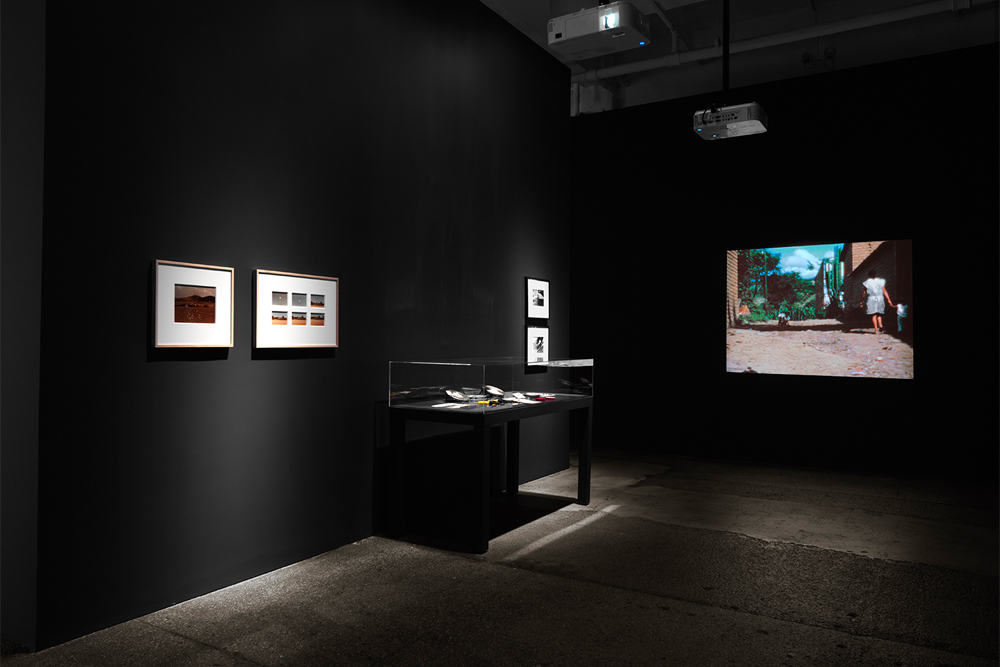 Ana Mendieta, “Experimental and Interactive Films” (installation view), 2015. © The Estate of Ana Mendieta Collection, LLC. Courtesy Galerie Lelong, New York.
Ana Mendieta, “Experimental and Interactive Films” (installation view), 2015. © The Estate of Ana Mendieta Collection, LLC. Courtesy Galerie Lelong, New York.
During a frigid New York February, I realized that most of what I thought about Ana Mendieta was wrong. She, inexplicably, exists for me as a singular, isolated artist, but an exhibition of her video work at Galerie Lelong proved that her most affecting work involves others. In Moffitt Building Piece, Mendieta creates a small puddle of blood and records the reactions of passersby. It’s like an elevated What Would You Do?, and you find yourself alternately predicting the future behaviour of the pedestrians and comparing their actions to your hypothetical own. Charlie Brooker’s Black Mirror, which, for its third season, made the jump to Netflix, had a similar effect through vastly different means: fabricate a technological dystopia, play out possible scenarios, let viewers wonder how they would react in the same situation. Or, even worse, let them wonder if they’re contributing to the outcomes on view. (A not entirely unrelated decision of mine in 2016 was bidding goodbye to Facebook, font of fake news and familial updates.)
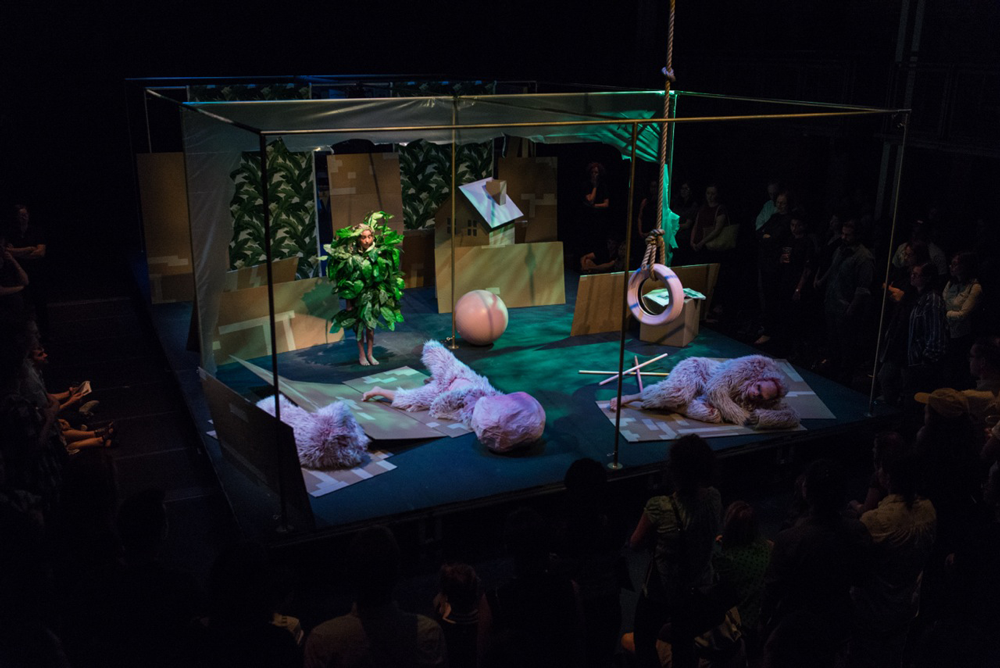 Emily Mast, The Cage is a Stage (Block), 2016. Performance at Harbourfront Centre Theatre. Courtesy Blackwood Gallery and the Power Plant. Photo: Henry Chan.
Emily Mast, The Cage is a Stage (Block), 2016. Performance at Harbourfront Centre Theatre. Courtesy Blackwood Gallery and the Power Plant. Photo: Henry Chan.
Humans are not the only organisms that elude comprehension. Emily Mast’s performance and concurrent exhibition “The Cage is a Stage,” which were on view at the Harbourfront Centre Theatre and Blackwood Gallery, respectively, looked at animals, and looked at looking at animals. Observation is our most relied-upon, and likely most flawed, means of understanding. Mast’s breath-taking, choreographed world deserves a more precise term than “weird,” but it somehow registers as apt. During the performance, humans in pink gorilla suits met with small children buried beneath bushes; animals stormed artist studios; creative frustrations were taken out on cardboard boxes. It was strange, not just in narrative, but in the feeling it imparted to the audience: an estrangement from your own role as an observer, a keen awareness of the performance that observation requires.
The art that moved me largely emphasized animate relationships—humans and animals, humans in marriage, artists and strangers—but Leanne Simpson’s performance with Cris Derksen at the opening of “Constellation/conversation” at Artspace in Peterborough managed to imbue the connection between humans and objects with more emotional resonance than many human relationships posses. Over and over, Simpson read “How To Steal A Canoe,” slowly, mournfully, turning the poem into an incantation.
Reading Emma Donoghue’s The Wonder felt a little like a homecoming, which is an odd thing to say about a novel that traces the (either miraculous or fraudulent) months-long fast of an 11-year old in 19th-century rural Ireland. But it was not the book’s plot so much as the atmosphere, which perfectly illustrates how deeply the Irish Catholic fervour for self-abnegation runs. It reminded me of my mother’s annual pilgrimages to St. Patrick’s Purgatory, a small rocky island in the middle of Ireland’s Lough Derg, where Catholics descend, barefoot and fasting, to pray for three continuous days. Or my own unbelieving version, which involves annual juice cleanses and exercise before the sun rises—at least I have the self-awareness not to categorize these fanaticisms as “wellness.” Donoghue’s book dwells often on the difficulty of understanding others, but it also underscores that understanding yourself, and the parts of you beyond your control, can be difficult, too.
When Deanna Bowen’s 2010 sum of parts: what can be named played in “Form Follows Fiction: Art and Artists in Toronto” at the University of Toronto Art Centre, I couldn’t tear myself away. She offers an oral history of her family that honours all the small incidents and decisions that influence a life and set the course for generations. She makes art of the small but vital events that would otherwise be overlooked by history. Barry Jenkins’s Moonlight hardly needs to be extolled in another end-of-year wrap up, but it was easily the most beautiful and heartrending film I saw this year, and one of the quietest, in a very literal sense. Chiron, the protagonist, is young and gay and black, and told at school and home that he is unworthy and unwanted. Caught in the vice grip of masculinity, he says very little back. But, more than anything, Jenkins captures tenderness in male role models and reunions. “You ain’t got to love me,” says Chiron’s mother, years later when he visits her in rehab, “But you gonna know that I love you.” You can never know someone entirely; you do know someone entirely.
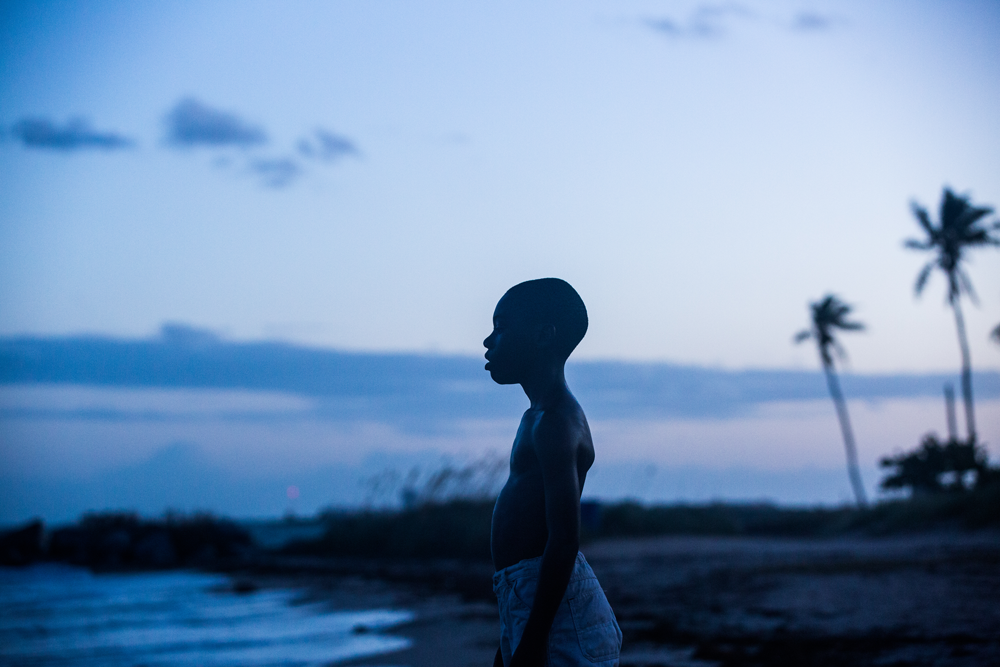 Moonlight (still), 2016.
Moonlight (still), 2016.
Other people are difficult to know, impossible to understand, and all year art and culture offered small reminders of this. And yet I can’t tell if these warnings lessened the blows that 2016 had in store. When the UK, seduced by isolationism and nationalism, left the EU, or when the US voted for a presidential candidate I had genuinely considered unelectable, my surprise was quickly followed by reproach. I had fooled myself into thinking society was headed in some straightforward, progressive direction. This was foolish; it assumed knowledge of others I should never have pretended to possess.
It is difficult to know someone entirely. It is difficult to know someone just a little. Maybe, in 2017, we can prove that it’s worthwhile.

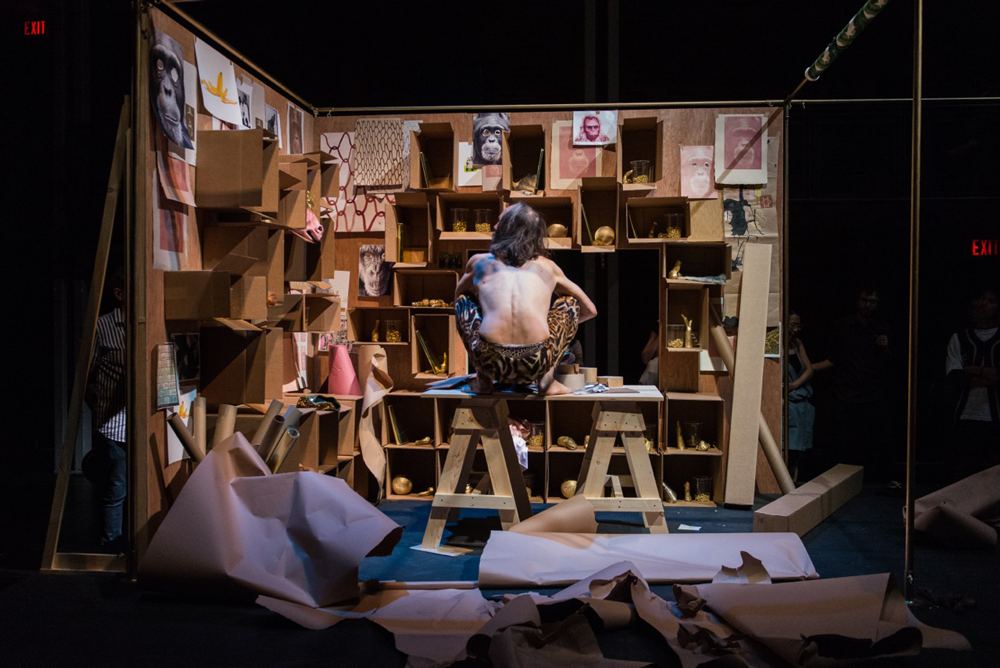 Emily Mast, The Cage is a Stage (Block), 2016. Performance at Harbourfront Centre Theatre. Courtesy Blackwood Gallery and the Power Plant. Photo: Henry Chan.
Emily Mast, The Cage is a Stage (Block), 2016. Performance at Harbourfront Centre Theatre. Courtesy Blackwood Gallery and the Power Plant. Photo: Henry Chan.
